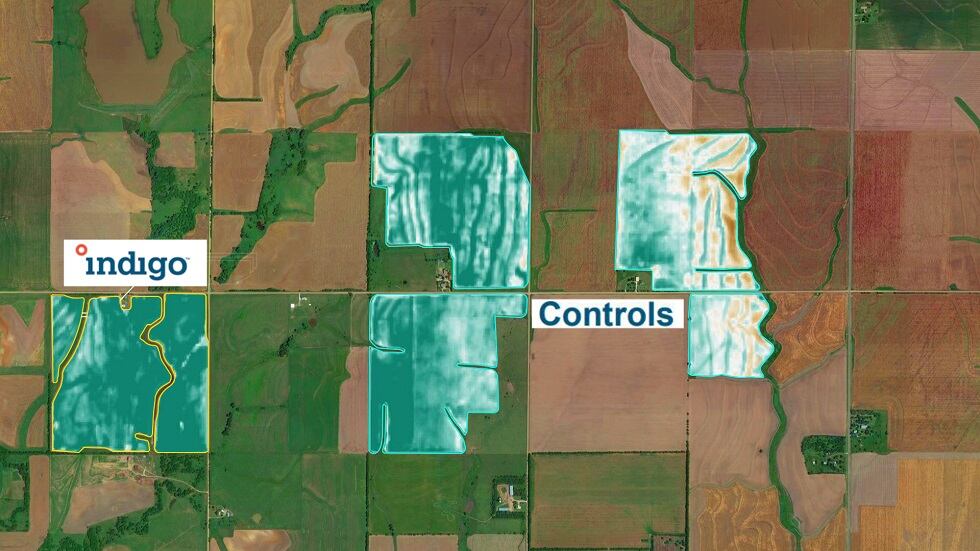The Boston-based firm was founded five years ago by life science company Flagship Pioneering to further investigate microbes, which can protect humans from pathogens, regulate immune systems and impact metabolism.
“It has become clear that microbes living in us play an enormously diverse role in our health,” said Geoffrey von Maltzahn, founder and chief innovation officer at Indigo, noting they are just as important to their health.
“Microbes help protect every wheat plant and every stock of corns from the [harmful] environment, such as heat, salt, stress, bacteria, etc.”
He explained that Indigo coats the wheat seeds with microbes to enable future crops to survive natural stresses and improve yields.
He noted microbe-implanted seeds use fewer chemicals and can potentially develop a stronger resistance to bacteria such as Salmonella.
Indigo has commercialized the technology and is using it on five major crops in the US, including wheat, corn, soy, cotton and rice, all of which have shown “great yield benefits,” said von Maltzahn.
Monitoring yields via satellite
Indigo uses a satellite to monitor the farms it has partnered, and recently released its first 2018 harvest data on 40,167 acres of wheat farms primarily in Texas, Kansas and Oklahoma, which equates to 180 growers and 100 individual fields.

According to the company, “wheat grown in contract with Indigo has demonstrated median yield gains of 12.7% compared to neighboring fields.”
Responding to demands of buyers and consumers for higher quality grains, Indigo added the protein content of wheat averaged around 13.8%, which is an increase of 1.1% over country averages.
According to von Maltzahn, the satellite takes an array of optical and spectrum measurement images over the course of a year and yield gains are manifested through color changes.
BakeryandSnacks asked him how accurate satellite images are when it comes to measuring yield gains.
“You can get a reasonably accurate reflection of the plant health and other attributes related to the performance of a crop via these measurements,” he said, adding yield and quality improvements are tied to price premiums.
“This past year, growers with a 40 bushel per acre average production history made approximately $36.35 more per acre through Indigo.
“For the upcoming season, these same growers have the potential to earn $44.20 more per acre due to additional premiums for quality and identity preservation,” added von Maltzahn.
Indigo Marketplace
Indigo launched a digital sales platform for growers, called Indigo Marketplace, after raising $250m in funding from new and existing investors, including Baillie Gifford, Investment Corporation of Dubai, the Alaska Permanent Fund, and its parent company Flagship Pioneering.
This financing brings Indigo’s total capital raised to over $650m.
“Buyers are able to source grains with a range of characteristics, such as protein content, milling quality, and varieties, as well as production practices, including organic, rain-fed and non-GMO,” said von Maltzahn.
“Transacting digitally, both growers and buyers can increase efficiency, reduce cost and access a larger market. In addition, Indigo facilitates grain quality testing, transportation and payment, all of which is managed through the platform.”



